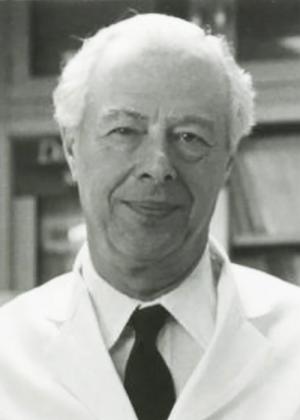Lee Wattenberg, M.D., is considered by many to be the father of cancer chemoprevention, or “chemoprophylaxis,” as he called it. Developing a deep interest in scientific research when he worked as a junior biologist on the Manhattan Project, Dr. Wattenberg went on to lead a highly successful program in cancer prevention for 60 years at the University of Minnesota.
In a seminal 1966 article published in Cancer Research, he recognized that some compounds could effectively block the development of cancer in animals. This critical observation launched an entire new discipline , the field of cancer prevention. It also provided the basis for preclinical testing of potential preventive agents in animal models that remains an important part of preventive agent development to this day.
Using rodent models, he studied a variety of agents derived from food (e.g., cabbage, brussels sprouts, cauliflower, broccoli) as well as other sources. He pioneered the use of corticosteroids for lung cancer prevention, eventually developing methodologies for inhalational administration that led to the very important concept of regional drug delivery to optimize the risk-benefit ratio. Of note, multiple early phase lung cancer prevention clinical trials were based on the work from his laboratory.
Dr. Wattenberg was a leader and intellectually generous to the many young and mid-career investigators whom he mentored. He served as the president of the American Association for Cancer Research and received many honors for his trail-blazing work. The Lifetime Achievement Award presented to him by AACR in 2010 was the culmination of a remarkable career that spanned well into his ninth decade of life.
To read more about Dr. Wattenberg, see this New York Times obituary.

